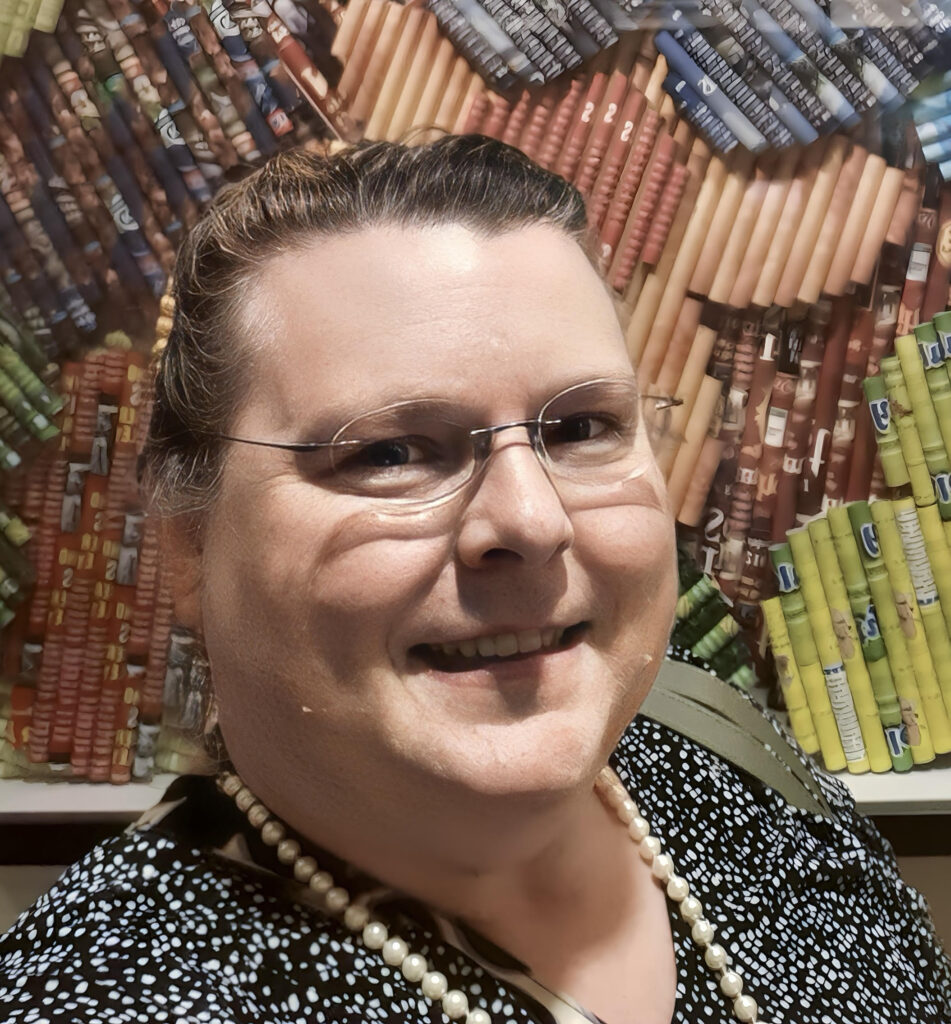+ Where are you in your MTS journey? Where are you from? What church connections and/or leadership positions should we know about?

I am in the MDiv program in my final year – I hope to graduate in May. I am from McKenzie, Tennessee, where I am currently serving as Stated Supply minister for Shiloh Cumberland Presbyterian Church, the church I grew up in. Prior to that, I have served as an ordained elder there for the past 15 years. My work as an elder has allowed me to serve the church on all levels as a delegate to presbytery and synod meetings, as well as a commissioner to the General Assembly.
+ What led you to your work as a chaplain?
Watching my grandmother care for others is what led me to chaplaincy. She has always been very good at meeting people where they are and providing care for them, whether that is through a visit, a meal, or a handmade item. She is 91 years old now, and just last week she shipped a box of over 100 hats she’d made to Oklahoma to be distributed to our Choctaw brothers and sisters. My mother has also instilled in us a sense of caring for others in practical ways, so chaplaincy is a good fit. I have been blessed to have known several great chaplains over the years, including Dr. Minor, who was the chaplain at Bethel College when I was a child.
+ What part of chaplaincy work is most meaningful to you?
The part of chaplaincy that is most meaningful to me is when it is clear that I have been able to make a difference in someone’s day, whether that means helping someone in crisis or simply taking the time to really connect with someone. The relational nature of the work is the most meaningful part of it for me. There are plenty of encounters with those I serve that are nice, but the occasional ones that go deeper are what makes all of this worth it.
+ Tell us about an aspect of your work so far with West Cancer Center and Memphis Theological Seminary that has caused you to change or grow in some way.
One thing in my time at West that has caused me to grow is getting patient referrals from nurses, social workers, and others in the clinic. While there have been times where I have been able to meet with those patients in person, many times, I will have to call them. Essentially “cold calling” someone to offer support was not something that I’ve done before, but these calls have grown to be something that I have enjoyed, and a call allows us to interact without the interruptions that are inevitable when they’re in the clinic. Those calls have become some of the best interactions with our patients, and I am appreciative of the opportunity to connect with patients in this way.
If someone were interested in chaplaincy or discerning a call to chaplaincy, I would encourage them in that. I would recommend that they take as many pastoral care classes as they can, as “Grief and Loss,” and “Death and Dying” have been exceptionally helpful to me, not only in my chaplaincy work, but also in my ministry context. Learning more about different ways that we can provide care and support to others is invaluable, and those have been some of my favorite courses at MTS.
